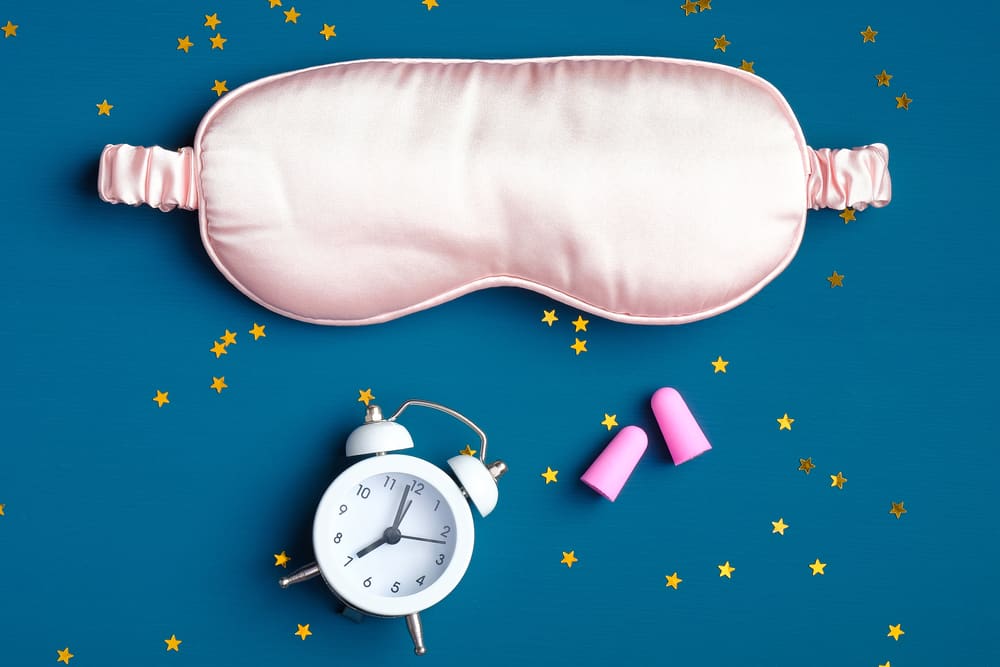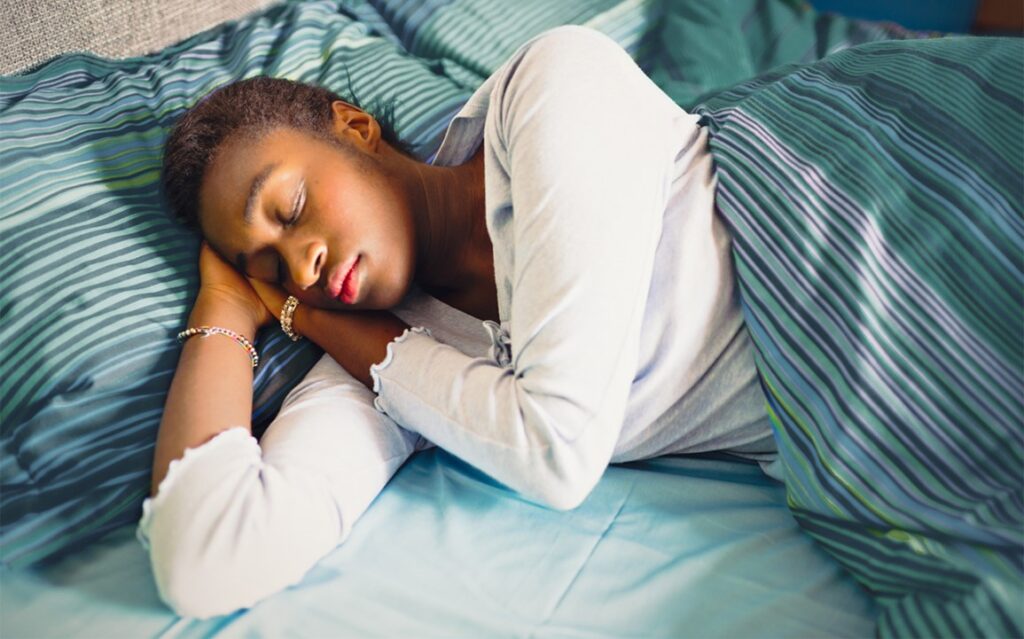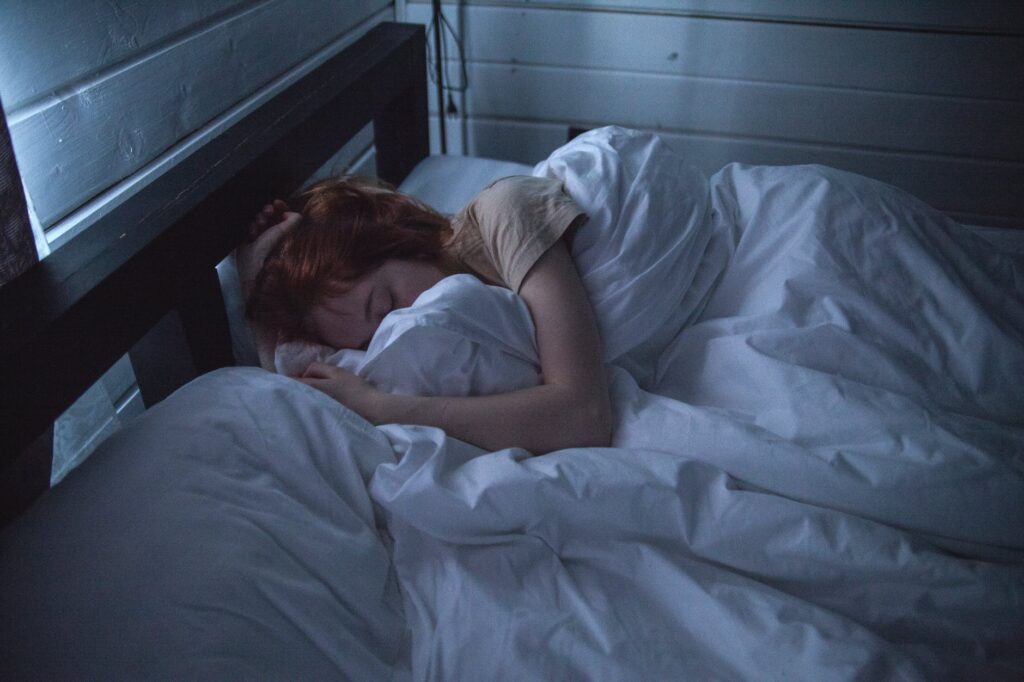
According to the American Sleep Apnea Association, 70% of adults in America report getting insufficient sleep at least once a month, and 11% report getting insufficient sleep every night.
Sleep-related disorders are estimated to affect between 50 and 70 million Americans of all ages and socioeconomic backgrounds. While sleep problems affect men and women equally, significant differences in the prevalence and severity of some sleep disorders have been documented among minorities and marginalized communities.
The most common concern among individuals is whether you have to be wealthy to be healthy. Simply put, you can embark on a journey towards a healthier lifestyle by getting enough sleep.
Investing in a good night’s sleep is a simple approach to improve your physical, cognitive, and immune health. We should take advantage of extra sleep to increase our well-being and productivity the following day when given a chance.
Why do we need sleep?

Our bodies carry out a wide range of essential tasks when we sleep. Relaxed muscles, lack of focus on the outside world, and a high anabolic state allow us to grow and repair our bodies in this state. “Sleeping is super-important for our babies as well – poor nutrition is often associated with baby’s sleeping disorders, therefore, make sure you are providing your baby the very best quality nutrients. Discover more about newborn nutrition from here.”
Sleep plays a critical restorative role in recharging the brain at the end of each day, just as we do with a phone battery after extended use. Maintaining a regular sleep-wake cycle resets the body’s natural rhythm each day, optimizing brain function and potentially improving mental wellness.
Our brains are hard at work during the night, storing memories, processing information, and preparing us for the day’s activities. For this reason, getting a good night’s sleep the night before a job interview or exam is recommended rather than studying till the wee hours of the morning.
Signs you are getting enough sleep

During sleep, we can consolidate memories, absorb information, and conduct several maintenance tasks to function normally during the day. Hence, it is essential to spot signs that you are getting enough sleep. This will help you assess your lifestyle appropriately.
- Your skin is glowing
- Your weight is maintained
- You feel well-rested
- You wake up without an alarm clock
- You do not find yourself needing a caffeine boost
- You are in a good mood
- No cravings for junk food
Sleep Hygiene

It’s not just what you put in your mouth or drink that might affect your sleep quality; it’s how you spend your days, how you manage your schedule, and how you wind down at night. Sometimes, even the smallest adjustments can make all the difference between a peaceful evening of sleep and one that leaves you exhausted the next day.
You can do several things to improve your sleep hygiene, such as making sure you get enough sleep and staying asleep. These actions can help you get a better night’s sleep. Cognitive-behavioral therapy (CBT) is the most effective long-term treatment for insomnia, and sleep hygiene is a fundamental component of CBT.
With the use of Cognitive Behavioral Therapy (CBT), insomnia can be alleviated. In addition, it discusses stress reduction, relaxation, and sleep pattern management techniques.
You may refer to the American Academy of Sleep Medicine (AASM) article for the full summary of habits to ensure that you maintain optimal sleep hygiene.
How to Improve Sleep

- Include therapeutic activities in your bedtime routine to help you sleep better.
- Sleep for as long as you need.
- When trying to change your sleep cycle, gradually set earlier bedtimes.
- Getting a good dose of early morning light can help you get out of bed.
- If you’re having trouble sleeping, try making your bedroom dark, chilly, and silent.
- On weekdays and weekends, stick to a consistent sleep schedule.
- Before you go to bed, try to wind down as much as possible and let your mind wander. Taking a warm bath, meditating, or reading something that isn’t intellectually demanding are all examples of activities that might help you relax.
- If you find yourself waking up in the middle of the night, avoid checking your phone or email.
Consequences of Inadequate Sleep

A lack of awareness of the consequences of sleep deprivation and hectic schedules have led to chronic sleep deprivation among many people. A person’s alertness, reaction time, learning capacity, mood, hand-eye coordination, and short-term memory all suffer when sleep-deprived.
There has been an increase in the number of accidents involving workers’ compensation, car wrecks, and various modes of public transportation since sleep deprivation began to be studied.
Research indicates that weight gain and obesity, diabetes, hypertension, heart disease, stroke, and depression, and an increased risk of death have been related to sleep deprivation on a long-term basis. People who sleep less than seven hours a night have also been connected to a lower immune system, more pain, and decreased productivity.
Consistently inadequate sleep can be a significant risk factor for developing serious depressive illness. The chance of feeling depressed and anxious (and exacerbating pre-existing anxiety and depression) increases with the severity of insomnia, which is why it is critical to identify and address sleep difficulties as soon as possible.
To remain on top of everything happening in your life, you will need to exercise considerable time management. Working or caring for a family may give the impression that the days are never long enough. It may appear as though sleep deprivation is the only option to do everything.
Even if you feel groggy the next day, a single late night is unlikely to have a significant impact on your health and well-being. However, chronic sleep deprivation can harm academic and professional performance and physical and emotional well-being.
Sleep and Mental Health

Mental health issues can aggravate sleep issues, but the reverse is also true: poor sleep can worsen mental health issues. Researchers believe that sleep deprivation may accelerate the onset of certain mental conditions, but they are uncertain of the underlying mechanisms. You should see a doctor if you’re having trouble falling asleep or staying asleep because of the connection between sleep habits and mental health.
If you find yourself struggling with addiction, it would be highly suggested for you to seek a professional in order to get the proper diagnosis and cure. With just a simple click on Google, you can check this site for suboxone doctors as they will guide you on your needs accordingly.








